|
11/26/2018 Rust Chorus Blog
Untitled Liz Bergland Louisa hated these trips to the surface. The masks smelled like feet, and the canned oxygen tasted like plastic. The recycled air and close quarters on the station weren’t much better, but at least they weren’t pressed against your face. At first, going down to the planet had been worthwhile. They searched for survivors, even found a few people who had managed to seal themselves in with enough plants to keep the carbon cycle going. Now, though, they just looked for salvage —electronics, fuel, medical supplies, rare plastics—and food. Anything refrigerated had rotted long ago, and even the canned goods were inedible by now, but thanks to the station’s reconstituter all they needed was organic material. Without aerobic bacteria the bodies hardly decayed at all; they’d have all the flavorless protein goop they could eat for at least a few decades. “Look!” She looked up sharply at the urgency that broke through the tinny tone of her headset. Tetsuo was walking quickly towards the skeleton of a high-rise. They must’ve just started building it when the photosynthetic plague hit; it was little more than steel beams jutting into the sky. Like metal saplings, thought Louisa, trying to feel the sun. She caught up with him, breathing heavily as her space-atrophied muscles strained against the weight of gravity. “What?” He ran his gloved finger along one of the beams and held it up. The tip was a reddish-orange. “Rust,” he half-whispered. Louisa looked at the smear, uncomprehending. “Yeah, so?” Tetsuo’s full expression was hidden by the mask, but his eyes shone and the skin around them crinkled. “Rust means oxygen.” His voice creaked. “Oxygen.” She felt light-headed for a moment, then remembered to breathe again. kola diviya by Jane-Rebecca Cannarella The rusty-spotted cat is tiny and streaky and rare; and I’m told that despite my interest, I won’t be able to adopt one. They live in Sri Lanka and India, and they make their homes in the rapidly diminishing deciduous forests. Obtaining one would be impossible, or so it’s explained to me by the animal shelter on Morris Street. But, I mean, I can make a forest of my apartment if necessary. Fill it with trees and we can live underneath one at the end of the growing season. I’m told the tiny wild cats are protected, but I can protect them here, too. My current cats are big as hell and none of them are spotted with circles of iron oxide - none of them would want to venture into a tree or cave to escape a predator or, more importantly, a responsibility. My cats are average-sized wards of my wood-paneled home, they ask a lot of questions about my plans for the future in raspy sounding mews whenever I call out sick from work. But just like the rusty-spotted cat, there is so little I know about myself - so the fact that almost nothing is known about rusty-spotted cats works for me just as well. We could live together in anonymity comfortable in not knowing. Spend the days in the vegetation of my deciduous home experiencing the shelter of a solitary life. We’d only emerge at night to hunt out the snacks in the fridge and talk to one another about dreams, make meaning out of the stars blistering in through my ceiling. And the joined unity would be enough - they can keep their secrets and I can keep mine, and the little pack of mini cats and I could sleep in a circle in cavernous regions of our home. So, I’ll keep hoping that one day I can adopt one, and we can protect one another. third image is William Cheselden's Osteographia
fourth and fifth image are Illustrations of Madness: James Tilly Matthews and the Air Loom Comments are closed.
|
AuthorOur fabulous blog team Archives
June 2024
CategoriesAll 12 Songs Art Art And Athletes Book Review Chorus Blog Date This Book Game Of Narratives Guest Blog Letter From The Editor Lifehacks Movies Of 2019 Music Pup Sounds Smackdown Strive For 55 Summer Playlists |

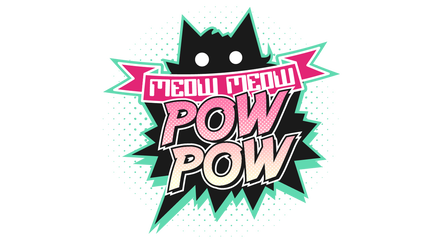
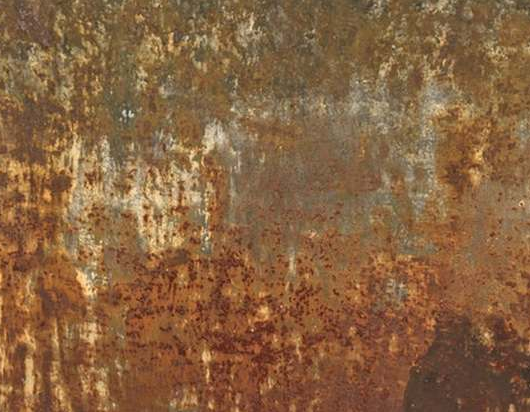
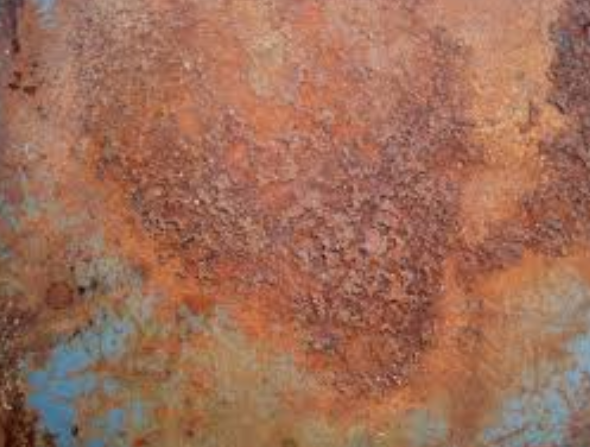
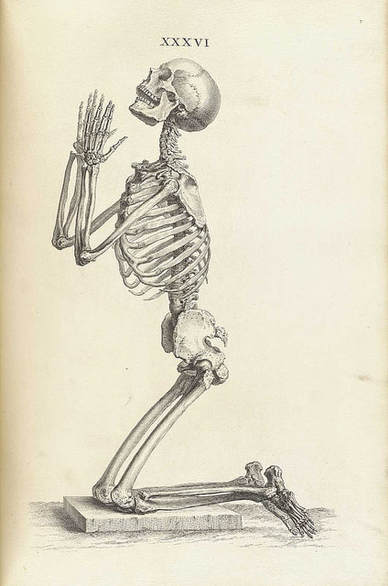
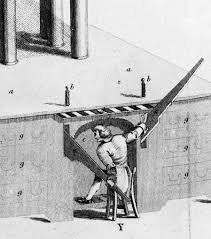

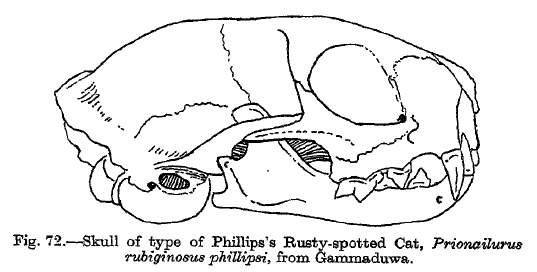
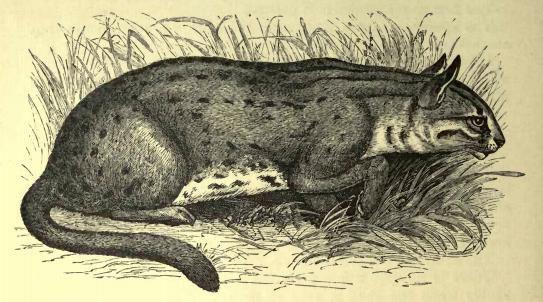
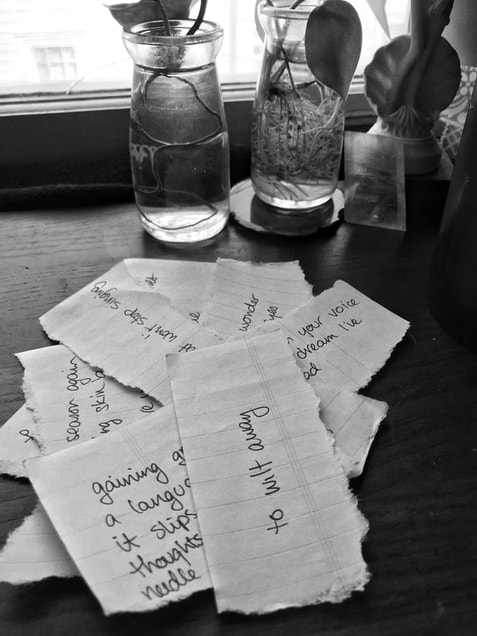
 RSS Feed
RSS Feed